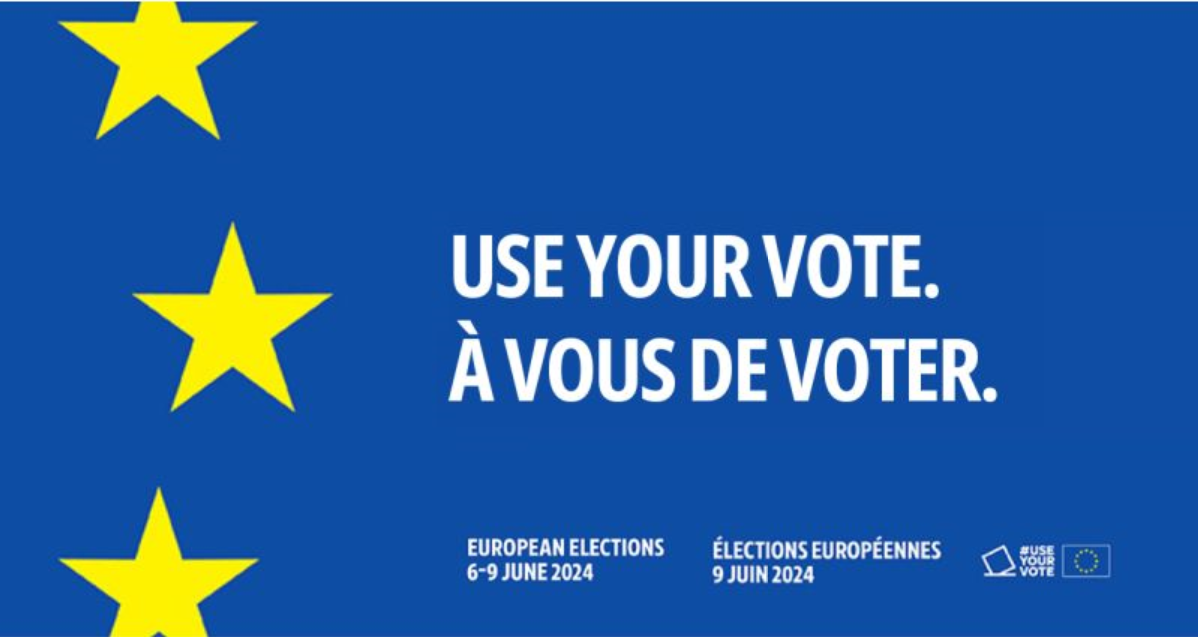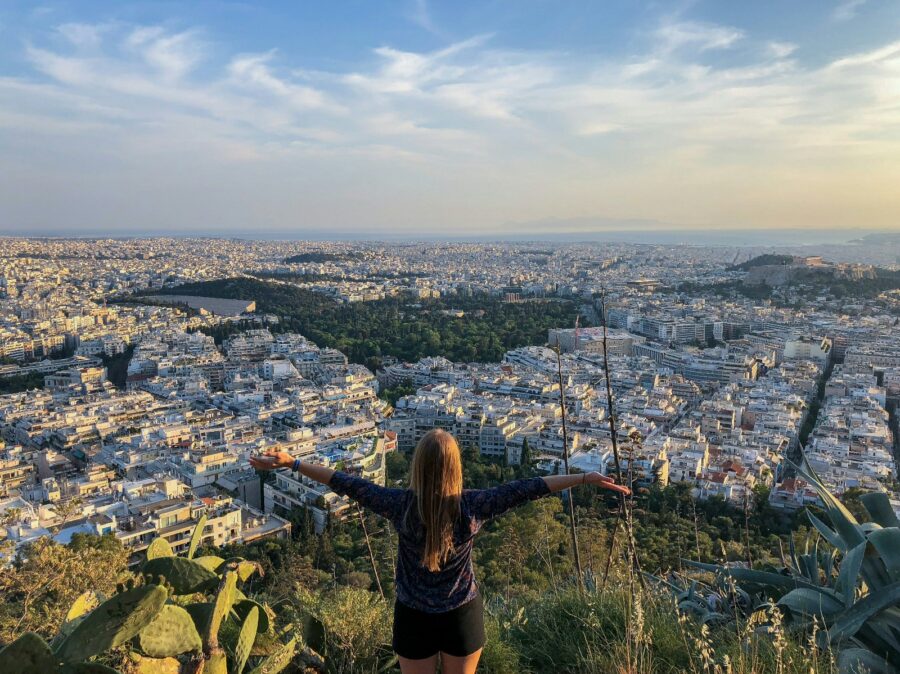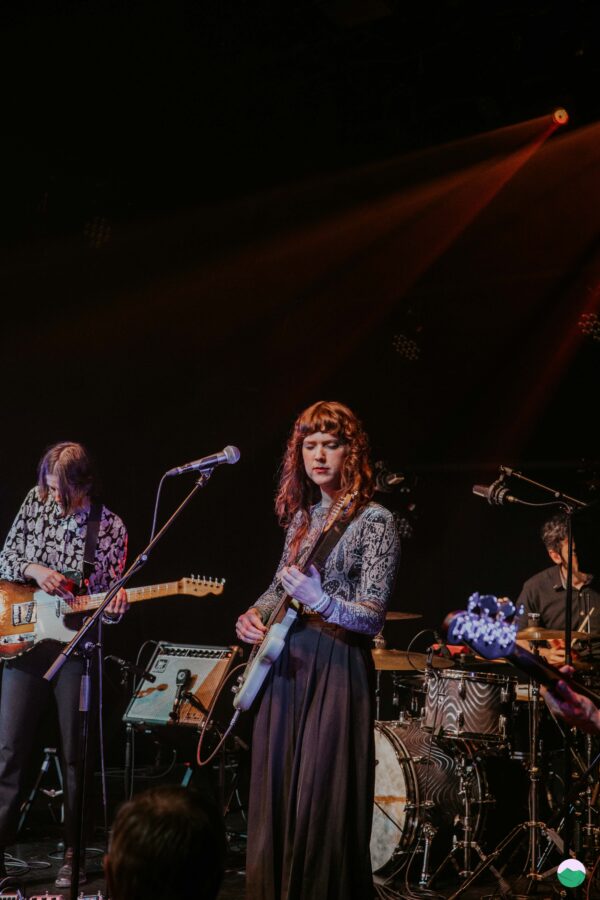
What does “meritocracy” mean ?
If we had to give it a definition, we could see it as an ideal to be achieved that aims to guarantee equal opportunities for people, regardless of their ethnic or cultural background or financial status. Meritocracy rewards achievement and strives to ensure that individuals are recognized and rewarded based on their talents, efforts, and accomplishments rather than factors such as social status or privilege. Unfortunately, the reality is often more complicated, and there are challenges such as how meritocracy is applied and lived in Europe.

True art recognizes neither privilege or prejudice; it celebrates the meritocracy where passion and talent reign (© Ian Schneider, Seattle, 2016)
So, here is the link between meritocracy and young European artists…
European cultural policies are designed to guarantee equal opportunities for all young artists, with an emphasis on recognizing talent and effort, in tune with British sociologist Michael Young’s definition of meritocracy in his book The Rise of the Meritocracy.
Initiatives such as public arts funding, grants and support programs can be put in place to help ensure that young artists – whatever their background is – have access to resources and opportunities to develop their talents and enhance their careers. For example, the European Union has set up Creative Europe. A framework supporting the culture and audiovisual sectors. It was launched in 2014 and is the successor of the Culture Program and the Media Program (2007-2013). Creative Europe aims at promoting cultural diversity, keeping European cultural heritage of the creative lines. It provides funding opportunities for projects such as film productions, cultural festivals, translation of literary works, and support for cultural networks and platforms. Additionally, Creative Europe seeks to facilitate cross-border cooperation and the mobility of artists and professionals within the EU. Another program like this one is LABA . This creative project factory that began 11 years ago, works on projects that support inclusion, innovation, gender equality, and citizen initiatives all in the cultural and creative industries. They team up with French and international partners to conduct projects within their expertise.

Creative Europe is a program designed for 6 years. (© https://www.europecreative.be/fr/)
The main aim and principle of meritocracy is above all equality of opportunity. But in cultural policies, as French sociologist Pierre Bourdieu argues in Reproduction in Education, Society and Culture, it can be disrupted in selection processes , because of institutional structures that favor certain groups, and cultural norms that can sideline the voices of ethnic or cultural minorities. Unfortunately, selection panels may lack diversity, or young artists can have limited access to resources needed to apply for cultural funding. A lack of information and networking opportunities, all of which present significant obstacles for them.
Regrettably, political priorities and economic interests can also get in the way of guaranteeing real equal opportunities for all young European artists.
For equity and true meritocracy, it is essential that European cultural policies incorporate more measures to promote inclusivity and diversity in the arts. For example, specific programs to support artists from ethnic or cultural minorities, or initiatives to promote the representation and visibility of these artists in cultural institutions and the media ! The report Promoting the Inclusion of Europe’s Migrants and Minorities in Arts and Culture is a great example of it.
This may require close collaboration between policymakers, artists, researchers and representatives of cultural communities to develop more inclusive and equitable approaches.
We can all play an active role in these changes, thanks to the power of democracy. Let’s not forget to vote in the European elections taking place from June 6 to 9, 2024, for ideas we hold dear. For a meritocracy in European cultural policies !





